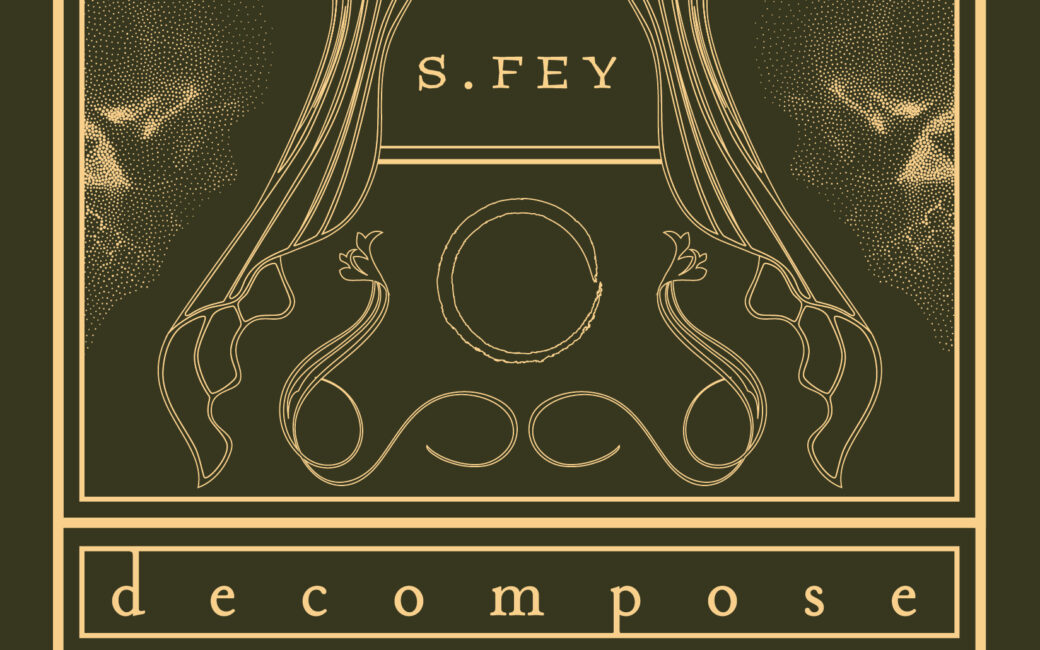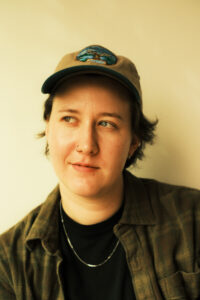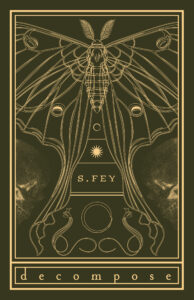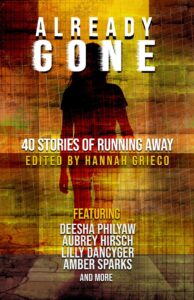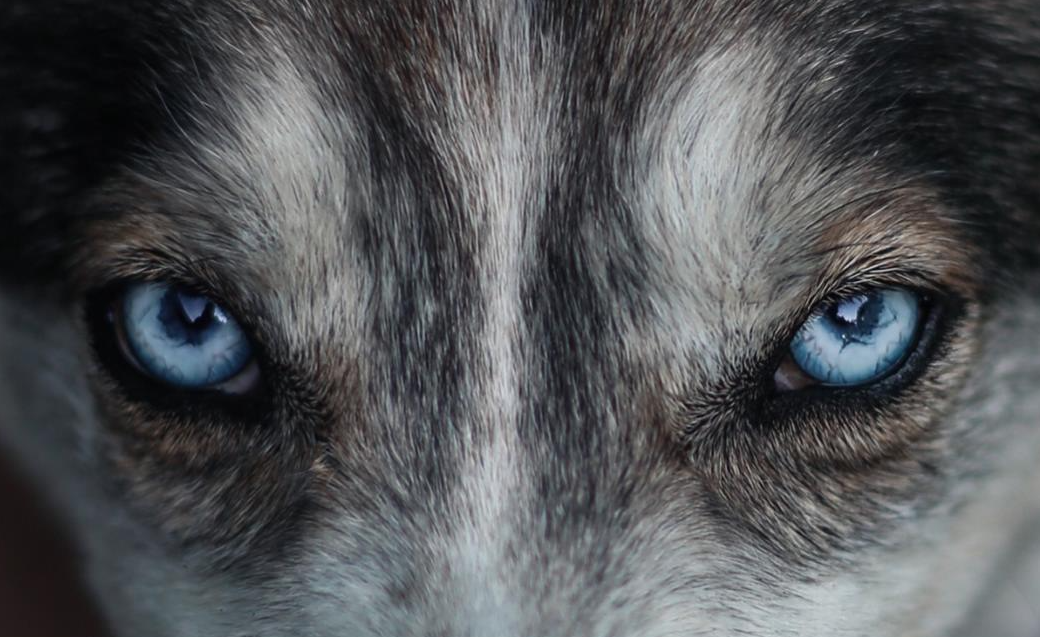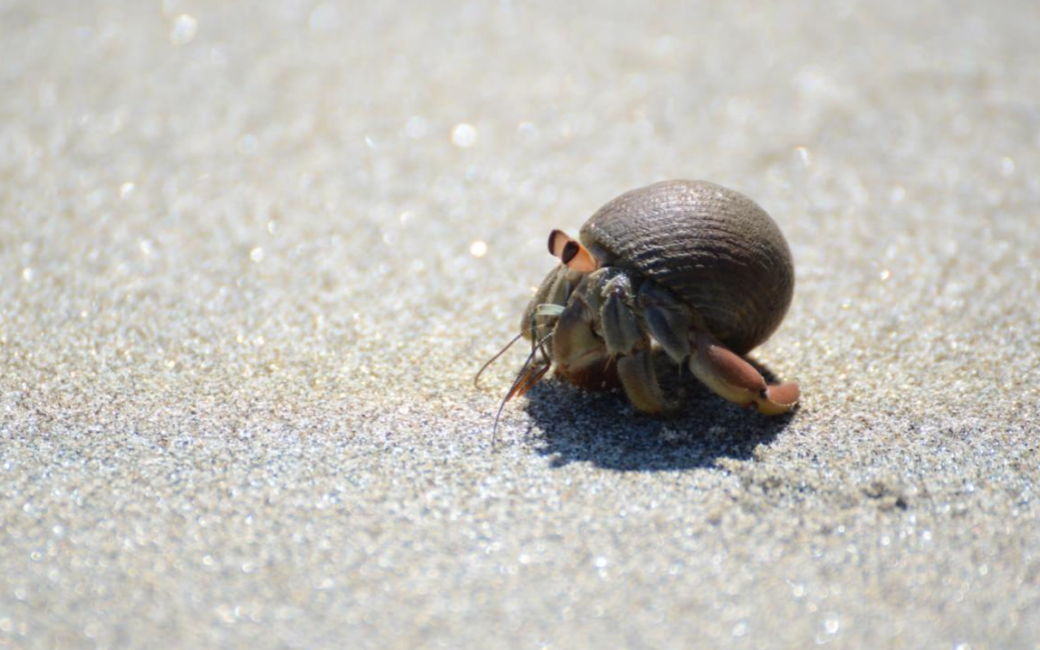Hannah Grieco, editor-in-chief of the ASP Bulletin, interviews poet Séamus Fey about their new poetry collection decompose, out now from Not a Cult Media.
Hannah Grieco: First: Tell us about decompose!
Séamus Fey: decompose is for the cycle of growth. What you have to give up and let die, so that something new can grow. It's my very first book, and I have been making it since I still had the word "teen" in my age. I'm very glad it took so long, though, because I think the version of the book that's in your hands is decompose's final evolution. Likely, the book will grow more, but inside of its readers! If you have ever felt that terrible feeling of letting go of someone, something, or some version of yourself that you loved for the benefit of who you're becoming, decompose is yours.
HG: Can you talk a little about genre and form (or even genre vs form?) in this collection?
SF: The genre question is tough for me, as I write fiction, nonfiction, screenplays, and plays, too. I've always moved fluidly through different genres, knowing that I will write them all at some point and (eventually) publish something in each one of them. As I don't live in one genre as a person, neither does my work. There's a poem in decompose that was published as flash fiction first. My press catalogued decompose under grief and loss, and LGBTQIA+ in bookstores and online. I think that's accurate, if we're going to label it as anything. There's also a tarot influence, so there's spirituality in there too. I think it belongs in all of the above. I call it my coming-of-age book, because one of the central themes is that we go through many coming-of-ages in our lives. It doesn't matter how old we are.
In the collection, there are many different forms. There are some sonnets, a triptych, prose poems, and two of my original forms. One of which is called the Spite, which I teach and have a forthcoming essay about. And the other I lovingly call "both sides of the coin" which can be found in the book as poems with two subsection titles in italics, with prose blocks beneath them. This form was an accident. I kept writing them, and then would find out that more and more of the poems in the book belonged in this form.
I love form. I was very resistant to it as a “youthier” youth. I thought it was The Man coming in to ruin my flow. Now, I see it as an incredible structure to guide a poem in stepping into its own shoes. Dr. Taylor Byas and I work on form a lot together, and she's helped me learn some new forms that were absolutely not natural to me at first. I have her and The Making of a Poem: a Norton Anthology of Poetic Form to thank for my development in form. My favorite forms to write right now are the duplex, the sonnet, and my "both sides of the coin" form.
HG: Who is your audience for this book? Who do you love to write to and for?
SF: This is a great question. My editor Shira Erlichman asked me this when we were in our first round of edits and I told her: every person out there who has ever been told they're too intense or feel too much, especially my little trans babies out there fighting to feel whole in this world. And if you've read Anne Carson's Autobiography of Red, you'll get this: all the Geryon's of the world. That's my audience. Also, really, anyone who wants to be here. I needed to be specific in terms of book curation, but now that the damn thing is curated, I can welcome everyone. You are my audience if you want to be. Welcome.
HG: How did this collection come together? Did you write individual pieces that slowly evolved into a collection, or did you know early on that you were writing with that aim?
SF: This collection has been forming for ten years. I've had more drafts of it than I can count. The meme that showed an author naming a file as "Final Draft (546)" is pretty accurate for decompose and I. Us <3.
I would say we slowly evolved. I tried this book as a chapbook in college, and then made many new drafts over the years. Eventually Rita Mookerjee said she thought it was time for me to develop a full length, so I tried. It turned out that that was all I needed to make a book. (The first draft of the full length, anyway.) I think three or four drafts later I sent my book to Daniel at Not a Cult. We had three more drafts and then finally, the actual final draft. It's hard not to change a book when its central theme is growth, letting parts of yourself die so that you may grow into something new. I think it's reflected in how much the book changed over the years.
HG: Were there any poems you initially thought would be included, but decided not to? Why?
SF: Oh, loads. I told Shira in our first meeting that it felt like the book was buried within the book. We chopped it down a lot. I think, ultimately, it was a matter of finding the heartbeat to the collection and sticking to it. A lot of the poems came out because they didn't fit in the world. I didn't object to cutting anything unless it was a poem that I knew in my gut belonged in there. There are more books to come, and it's not a book of my collected poems after all, it's decompose.
HG: What was the hardest poem to write in this collection? Were there any that slipped onto the page smoothly and easily, requiring little to no editing?
SF: The easiest, most "necessary" (I have a whole essay about what this means to me), and immediate poems were Dinosaur Spine and poem in which you get to be a kid. Poem in which you get to be a kid was so instant that it felt like nothing, and also made me feel incredibly vulnerable, so I actually didn't really count it as a poem that would be big to me. Then, in one of our meetings, Shira said she thought it was the heart of the book. I was so surprised, because to me it just felt like a little thing I wrote. Then I read it at my next reading and choked up while reading it. I was like, “Okay buddy, you wrote this poem off because it makes you feel vulnerable. I see you.”
The poems that needed the most time and attention were probably Associative Amnesia and I want to lay on the couch. I have Dia Roth, Shira Erlichman, and Taylor Byas to thank for help with edits on these two.
HG: I think many emerging poets find the act of ordering a collection confusing and overwhelming. What was your process for ordering decompose?
SF: Oh golly, YES it was a lot. I tried several different orders before I landed on the final. None of them were holding the collection together or guiding the reader through with a lantern. After talking with Shira, I had an idea and called for an emergency meeting of the Manuscript Ordering Club, which consists of Dia Roth, Dr. Taylor Byas and I. We hammered it out and the order fell into place.
Shira had asked me: If the book was a tarot card, what would it be? At first I thought it was the Death card. Then I thought it's its own card, which I call the Footstep card. The idea is the Footstep card lies in between Temperance and Death. It's the moment where something in you or in your life has metaphorically died or ended, and you don't want to let go, but you have to just take one step forward at a time and you will eventually make it to Temperance. Temperance, to me, is when you're reconnected with your path and/or your purpose, and remember why you're here. I spent some time with each poem, seeing which of the three cards it was living in. I placed each poem in either the Footstep, Temperance, or Death pile based on their content and how I'd read them in a tarot reading. So that's how I ordered the book, with the help of the world's greatest editors. The book order goes Footstep poem, Temperance poem, Death poem. With the exception of a few places where we take more than one Footstep.
HG: What is it about Tarot that called/calls to you?
SF: I've read tarot for a long time now. It's intuitive to me; even before I studied in the practice, it felt as though I had always been a reader. It helps me understand astrology, because each sign has a card associated with it. It's become the way I can help close friends through hard times. I read for myself sometimes, but most often I have other tarot readers read for me. It's become so intrinsic to me that I can't remember life before tarot. It's kind of something I keep quiet about, as it takes a lot of energy to do a reading, so I can't do them for everyone all the time. Also, though, it's so sacred that I tend to keep it close to my chest. It's a practice for myself, and to share with others when I choose.
Emotionally, tarot is an incredibly poetic tool. A tarot reading is not meant to be predictive, but rather to give light to a journey the querent is already on. Because tarot is an intuitive practice, and there is an element of intuition in my writing practice, the two are interlinked in some ways. They have some of the same sparkle to them. This book, in particular, is close to tarot due to ordering and its common theme in the individual poems in the collection. Also, with my tarot readings being centered on the present journey, and the book going through many evolutions/journeys, decompose itself feels like several tarot spreads to me.
HG: What is the first poetry collection you remember reading?
SF: One of Emily Dickinson's collected poems. I can't recall which one. Around the same time, I had a collection of Byron Keats and Shelley's poems combined into one book. After that it was Sharon Olds, Anne Carson, and Rita Dove.
HG: When did you first consider yourself a poet?
SF: In hindsight, it could have been sooner. I had a very tumultuous childhood, so I didn't think about much other than surviving for my first 18 years. I did keep a journal, and all my journal entries had line breaks in them before I knew what they were. I think out of all the genres, poetry is the most natural to me. I was writing poems before I knew they were poems. I didn't share any of my work until I was a senior in high school. I remember my teacher, who was very strict and read a lot of poetry, telling me that she thought my poem was beautiful and very well written. I still remember how surprised I felt by that. I never thought the work was any good, just that I needed to write it. Writing and reading were my only solace for a long time.
Eventually, I learned to desensitize myself to sharing my writing. It took a long time of repeating to myself, “Hey, I know this feels weird, but if you wanna do this thing like I know you do... you have to get used to sharing your work." I did, and in turn, found out some people actually kinda like my work!
In college, I was a theatre major, and my degree allowed me to take a lot of classes that would benefit me as an artist. I took English classes and two introductory poetry workshops. It was then that I realized I was a poet. I didn't know, before, that I would be allowed to call myself something I wanted to be that badly. I think I was under the conception that I had to wait for someone to knight me or something. I didn't know it could be as simple as loving poetry, writing it, studying it, living in it. It turns out I'm allowed to be a writer. It's actually still pretty wild to me.
HG: What's an early piece that you published that still feels extremely you?
SF: I published a poem in Knight's Library Magazine years and years ago called With two fingers I can squeeze the sun. It's in decompose. I was just telling a friend that it feels like I don't write poems like that anymore, but I don't think that's completely true, either. It's really light, weird and goofy—tells you nothing and everything you need to know. That energy still comes out in my poems, but they've also changed a lot since then. That poem and I can't focus right now but who can blame me, which I published in Hooligan Mag long before I was poetry editor. They feel like little windows to my interior landscape. They're just a bit quieter than my other poems; to really hear them you have to listen intentionally.
HG: Who are some writers you're obsessed with right now?
SF: Well, I am always, always, always obsessed with my poetry friends and editors: Dr. Taylor Byas, Dia Roth, Dare Williams, Jason B. Crawford, Susan Nguyen, Rita Mookerjee, Natasha Rao, Shira Erlichman, and Mag Gabbert.
ALWAYS Diane Seuss, Danez Smith, Richard Siken, Khadijah Queen, Aimee Nezhukumatathil, Anne Carson. Always. *insert Snape gif*
And three collections that have come out recently that I am absolutely obsessed with are Black Pastoral by Ariana Benson, I Do Everything I'm Told by Megan Fernandes, and Once, This Forest Belonged to a Storm by Austen Leah Rose. I cannot recommend them enough.
I could go on and on. I'll stop after this: Amelia Ada, whose book is coming out with Dopamine, the incredible new press my friend Michelle Tea made with Beth Pickens. Amelia's work never ceases to blow my mind. And last but certainly not least, the poet Gem Arbogast. They have a lot of forthcoming poems, so be on the lookout.


